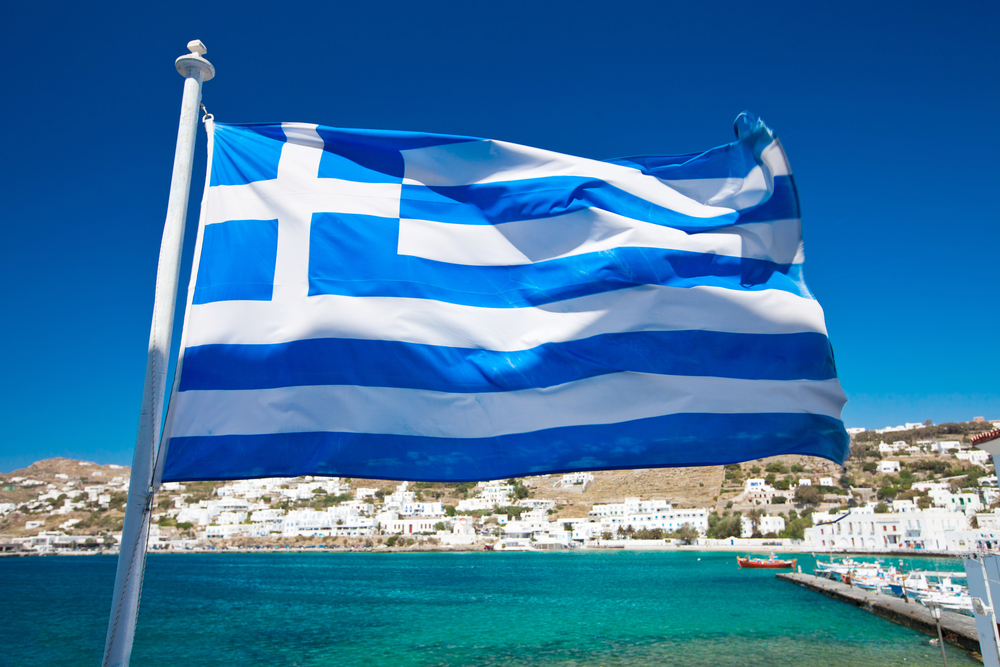Greece is cracking down on gambling advertising.
According to secondary legislation as part of the reform of Greece’s gambling laws, online random number generator (RNG) games will face a three-second spin limit and cannot be advertised outside of an operator’s website.
The new rules
Under the new rules, which were published in Greece’s official Gazette, online RNG games, including slot games, will have a maximum stake limit of €2, a three-second minimum spin and these games can only be advertised on a licensed operator’s own website.
Initially, proposed gambling reform bill in Greece sought to ban RNG game completely. However, lawmakers chose to remove this provision from the bill which was passed by the Greek Parliament in October 2019. The bill was also submitted to the European Commission in January after gambling operators in the country threatened to challenge the laws.
Instead of banning RNG games altogether, strong restrictions were imposed on the industry including the €2 stake limit and a €5,000 maximum prize per gaming session.
The secondary regulations supplemented these rules by placing a ban on advertising slot games. Players will also not be able to start a game cycle, such as a slot spin, within three seconds of the previous cycle.
In addition to this, all casino games must set a prize limit of €70,000.
Other restrictions being implemented
In addition to the advertising restrictions on RNG slot games, the Greek gambling market will face several other regulatory requirements.
Affiliate marketers will be required to sign a “cooperation agreement” with licensees that include a method of calculation and the manner and time of fees to be paid to affiliates. Licensees will be required to inform the Hellenic Gaming Commission (EEEP) once the agreements have been signed.
Advertising via social media is permitted, but only if it can be restricted to those aged 21 and over.
Marketing communications cannot target minors, include characters that look like minors, appear during programming or on websites aimed at minors or to present gambling as an activity that marks the transition into adulthood.
The new rules also state that advertising may not “present a positive image” by showing gambling winnings going towards tax revenue or good causes. Advertising material must also not “contain unfounded statements about the chances of winning.”
However, all gambling advertising must include mention of the EEEP and the legal gambling age.
Online customers must choose deposit, loss, and time limits for their only play. Licensees must warn a customer when they exceed 80% of their limits.
In terms of betting, bets can be offered on real events organized by a “recognised” body, virtual sports and “other events” which are suitable to bet on. However, maximum winnings from betting cannot exceed €500,000. A self-exclusion system for playing and marketing communications will also be implemented.
According to the initial legislation, online betting licenses are priced at €3m and licenses for other online games will cost €2m, and both will last for a seven-year period.






